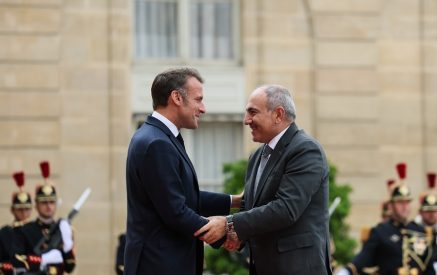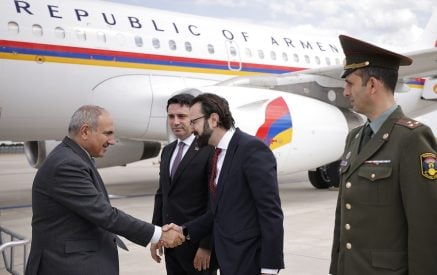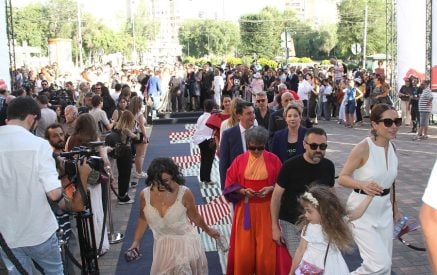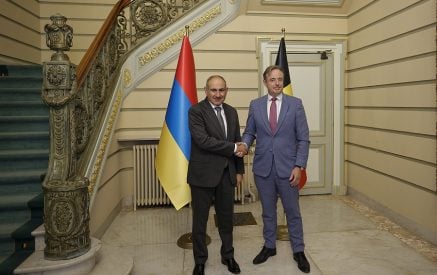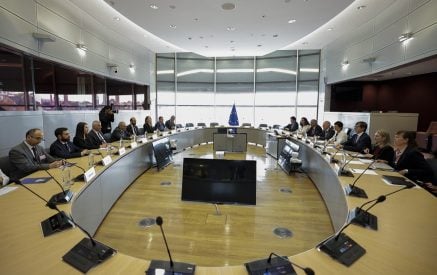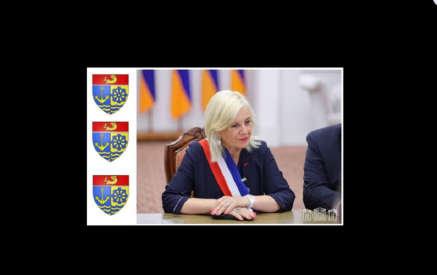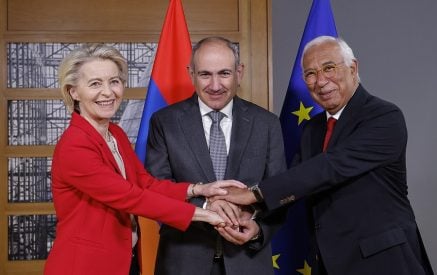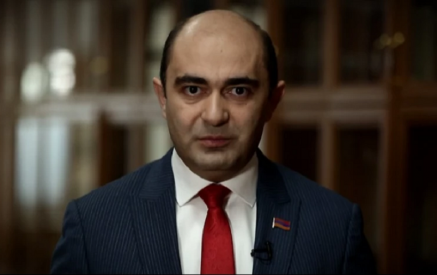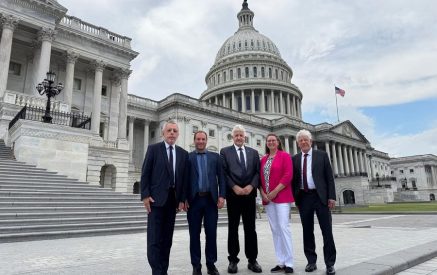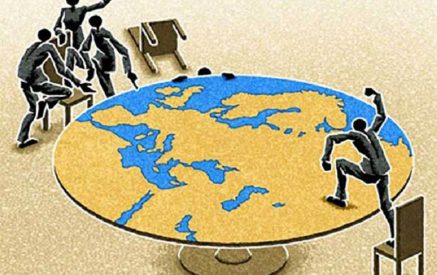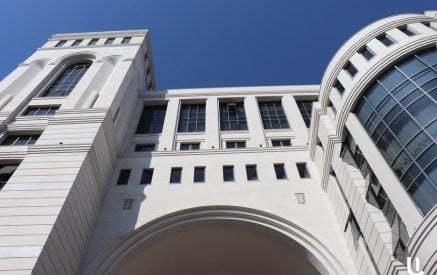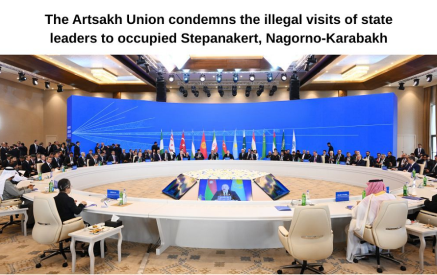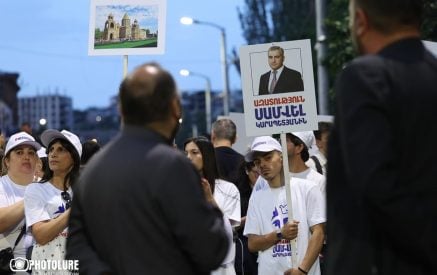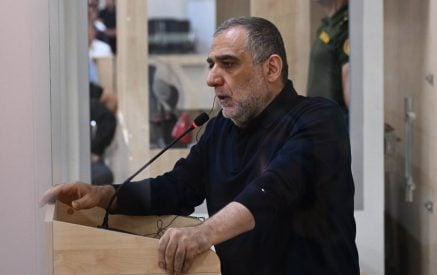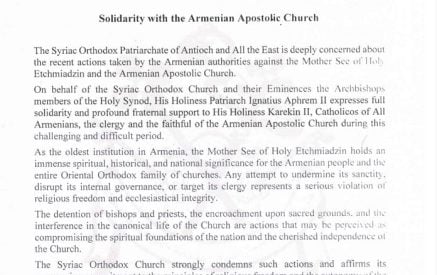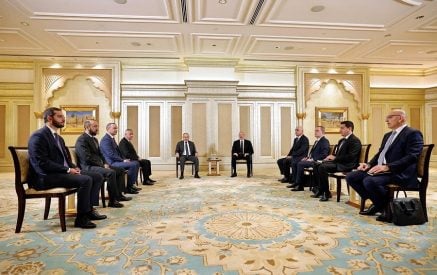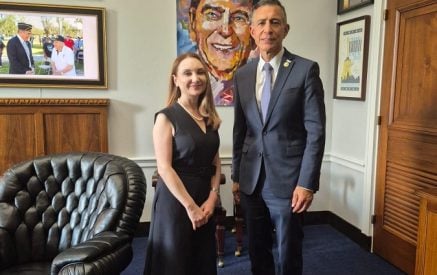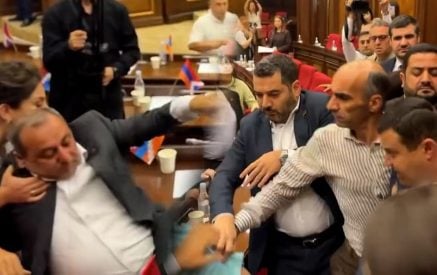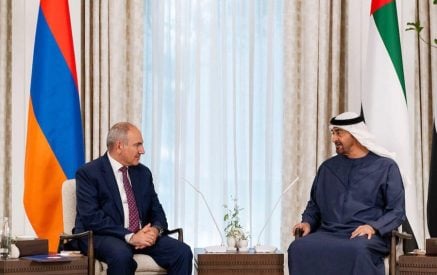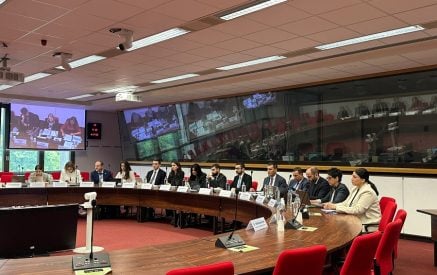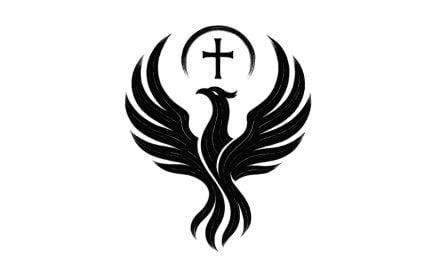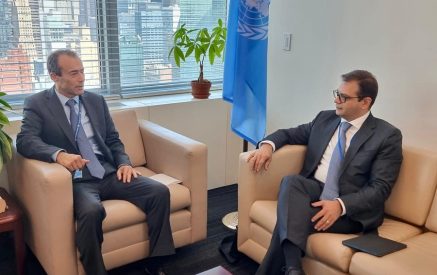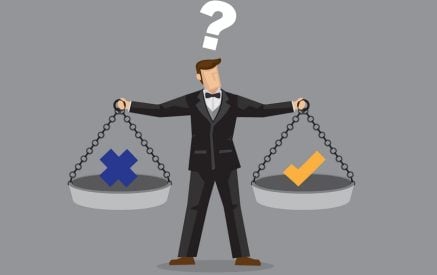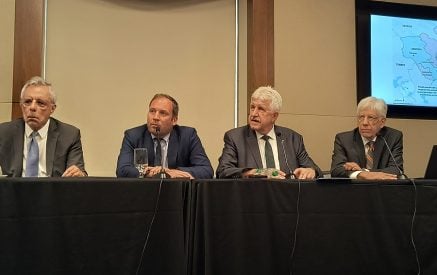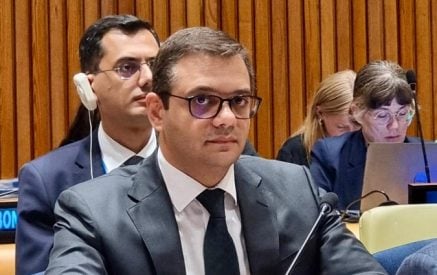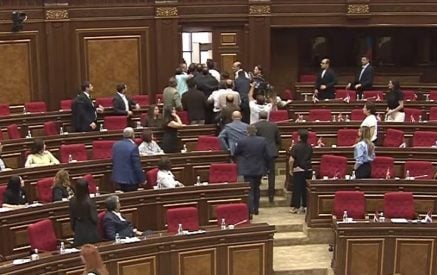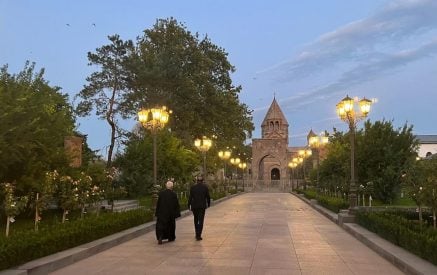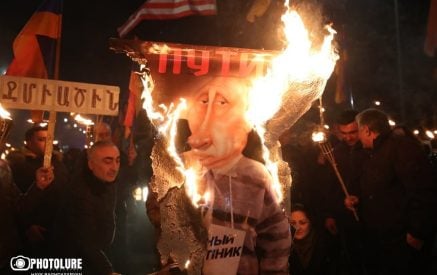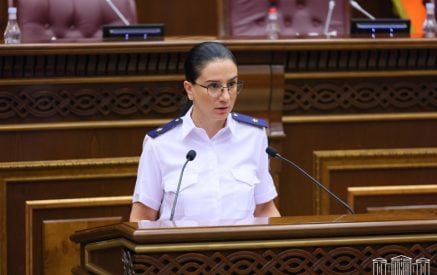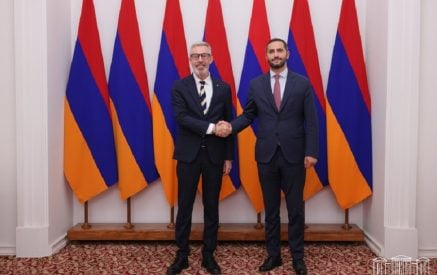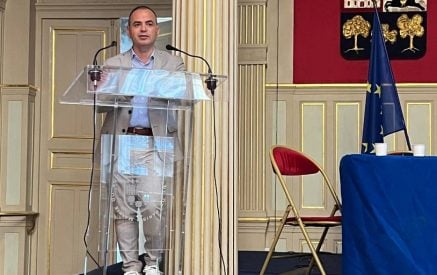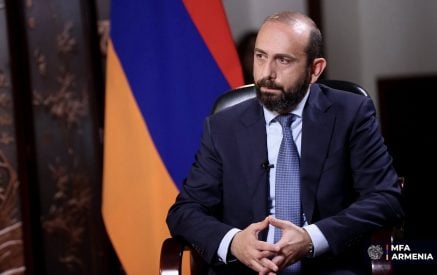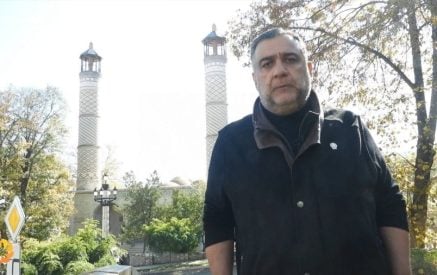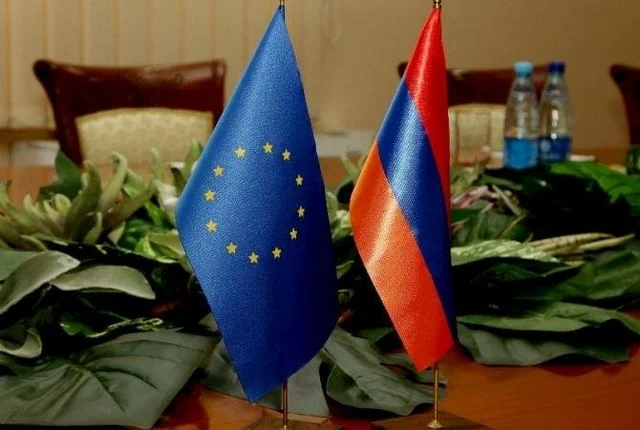The Armenia-EU Comprehensive and Enhanced Partnership Agreement has finally completed its ratification, which was an over three-year-long process, and, according to the latest official information, it will be fully operational this year starting on March 1st. This is a de jure agreement, but de facto, as we have seen in February, black clouds have accumulated over our heads. After the scandalous visit of the High Representative of the European Union for Foreign Affairs and Security Policy, Josep Borrell, to Moscow last week, the Russian Foreign Minister Sergey Lavrov, not satisfied with the ‘special effect’ of the visit, started threatening, “We assume that we are ready [to sever ties with the European Union] if we see once again that sanctions are being imposed in several spheres (which has happened more than once), including in the most sensitive spheres, that will create risks for our economy. We do not want to be isolated from the world, but we must be prepared for that. If you want peace, prepare for war,” Lavrov said during an interview on Russian television. Lavrov knows what he is saying, even if it is full of warnings. Biden’s cabinet is preparing to take steps that will suppress Russia’s policies, and Borrell’s visit to Moscow, which was considered to be an opportunity to open doors, not only did not receive any kind of response, but Borrell became subject to public ridicule. This attitude towards the first vice president of the European Commission in Moscow, and then Lavrov’s threats in Brussels and other European capitals, caused a wave of anger, but at the same time, a feeling of helplessness. If anger is entirely explicable, then helplessness is merely the result of policy, or rather, a lack of policy, with which a seemingly united Europe is “busy” after the Cold War in general, and after the dramatic events of 2013-14 in particular.
And so, ‘instructed’ by the experience of the joint Armenian-European failure of September 3, 2013, Armenia signed a new agreement in November 2017 without sections on the common customs zone and free trade regime, followed by a long ratification process by all EU member states, which we learned has been completed a few days ago. Continuing allied relations after the second Karabakh War, Armenia and Russia are clearly in opposite positions in their relations with the European Union. If Brussels is not expected to reconcile with Moscow, but it is, instead, planning on strengthening sanctions, then all doors are open to improve relations with Yerevan in the future. However, the question also remains of whether Yerevan and Brussels are prepared to deepen the relations outlined in the ratified agreement. Is this process going to be safe from third-party pressure? We do not currently have the answer to that question. Moreover, in the current situation, the grounds for a negative answer to this question seem more powerful than a positive one, particularly on both sides. Both before and especially after the Velvet Revolution, Yerevan did not present any intriguing strategies regarding what it plans to do as a result of and with that agreement. Meanwhile, that is not just another typical agreement. The political portion of the agreement is a perfect roadmap for what needs to change in Armenia in accordance with European standards and, essentially, as a side of the agreement, Yerevan has already taken on the international responsibility of carrying out those steps. Growing closer to Europe has always occurred based on the “more in exchange for more” principle. However, what will happen if Yerevan is unable to demonstrate that “more” due to certain circumstances (especially externally)? It is not very clear. Actually, it is more than clear. The approach will be, “You don’t want it? Then you brought these problems upon yourself.” And the issue is not only in Brussels (more about that below). Over the past three years, that agreement remained “without a leader,” and there is no information regarding preparation efforts, not to mention strategies or more difficult areas. At least the “glorious” process of making changes to the judiciary in our country is proof of that. There are also many uncertainties on the European side. Let’s agree that Armenia as a priority is in tenth place for Europe since the beginning if we are to put priorities in order conditionally. However, it is definitely not zero, especially in the context of the expected diplomatic ‘attack’ with Iran, the difficult relations with Turkey, and the Russian factor. And the most serious problem is that after Brexit, the lack of uncertainty in Brussels continues as far as what Europe wants in general and how a few dozen different denominations can be brought to a mutual agreement when, for example, Paris and Berlin hold opposing positions on key issues.
And to expect some certainty in a separate direction in Armenia is simply not realistic if there are no signs from Yerevan. It seems to be the same situation as it was after 1945. These issues will be resolved through the active coordination of America for the benefit of the Free World in spite of totalitarian and authoritarian ‘corporals.’ Well, until then, as they say, we still have to survive…
Ruben Mehrabyan
Read also
“Aravot” daily


